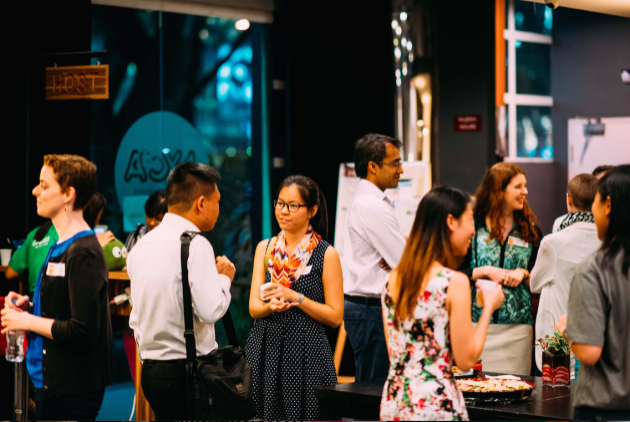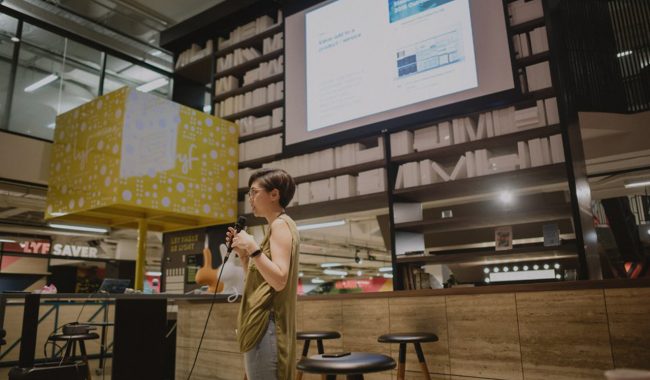The first time I purchased a “secondary ticket” was in the fall of 1999. I’m an unabashed Billy Joel fan, and I had purchased a $60 face value ticket to his millennial concert at Madison Square Garden in New York on eBay for about $300. This was over 18 years ago, when I was a 26-year-old working on a meager salary. It was a big purchase (but well worth it).
It was later that I read an interview of Billy Joel where he said that he hates scalpers. Apparently he and his crew have had a long standing practice of buying out the front row seats to his shows before scalpers get hold of them, and they would then distribute them for free to his most hardcore fans randomly chosen at the venue.
And there are also artists who see secondary ticketing as a business opportunity, approving secondary ticket sales as an official policy (and then reusing the profits for their artistic activities).
“It’s difficult for true fans to get a hold of tickets” “It’s a free capitalistic economy! There’s nothing wrong with secondary ticket sales!” – the secondary ticketing/scalping issue garners a wide variety of opinions and viewpoints. Different artists have different opinions (and wallet sizes). There’s no single answer nor solution to the issue.
Peatix has focused on the long-tail community event market and has more or less avoided big box entertainment. However, cases where the supply of tickets falls short of demand is not limited to big box entertainment, and exists in the long-tail as well. We see many cases where attendees seek to give away their tickets because they can’t attend the event. And yes, we see cases where these tickets are being exchanged at prices exceeding the original price. We’ve received feedback calling for such exchanges to be enabled through secure and smooth means. And so we focused our efforts on enabling this.
Secondary ticketing has become a huge social issue. Hopefully, the Reseller Market that we’ve developed can serve as one of the possible solution to this issue.
As I wrote, there’s no single answer to the issue, but we believe at the very least, organizers should have the choice on how to approach the issue. They can choose to allow exchanges only at the original ticket price. They could possibly set a maximum ceiling on the secondary sale and choose to receive a cut on the premium sale (and reuse the profits for their artistic endeavors). Above all, we believe that in this grey phase of secondary ticketing, it’s important for each artist to clarify his or her stance on the issue and proceed accordingly.
This is our initial release of the secondary function. We assume there are holes in there. For all we know, we might be embarking on a cat and mouse game. We’ll accept this; we needed to get this out there asap and begin covering the holes as fast as possible.





